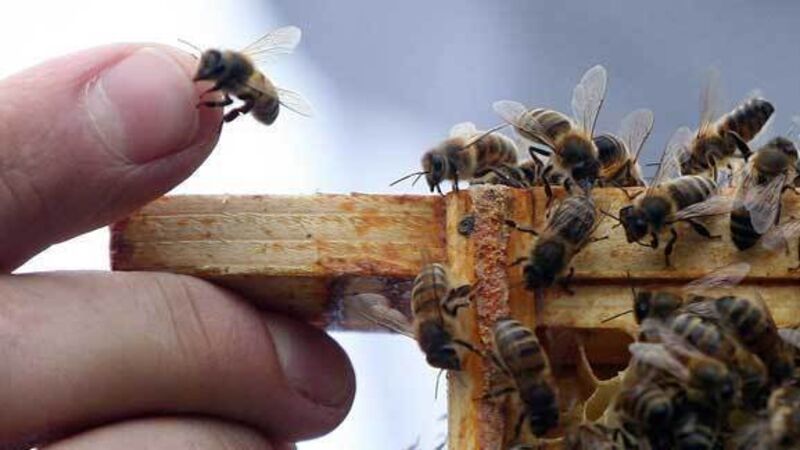Diesel fumes pose risk to bees’ ability to source food

Researchers from the universities of Southampton and Reading suggest that toxic nitrous oxide (NOx) in diesel exhausts could be having an even greater effect on bees’ ability to smell out flowers than was previously thought.
NOx is a poisonous pollutant which is given off by diesel engines and which is harmful to humans. It has also previously been shown to confuse bees’ sense of smell, which they rely on to sniff out their food.














